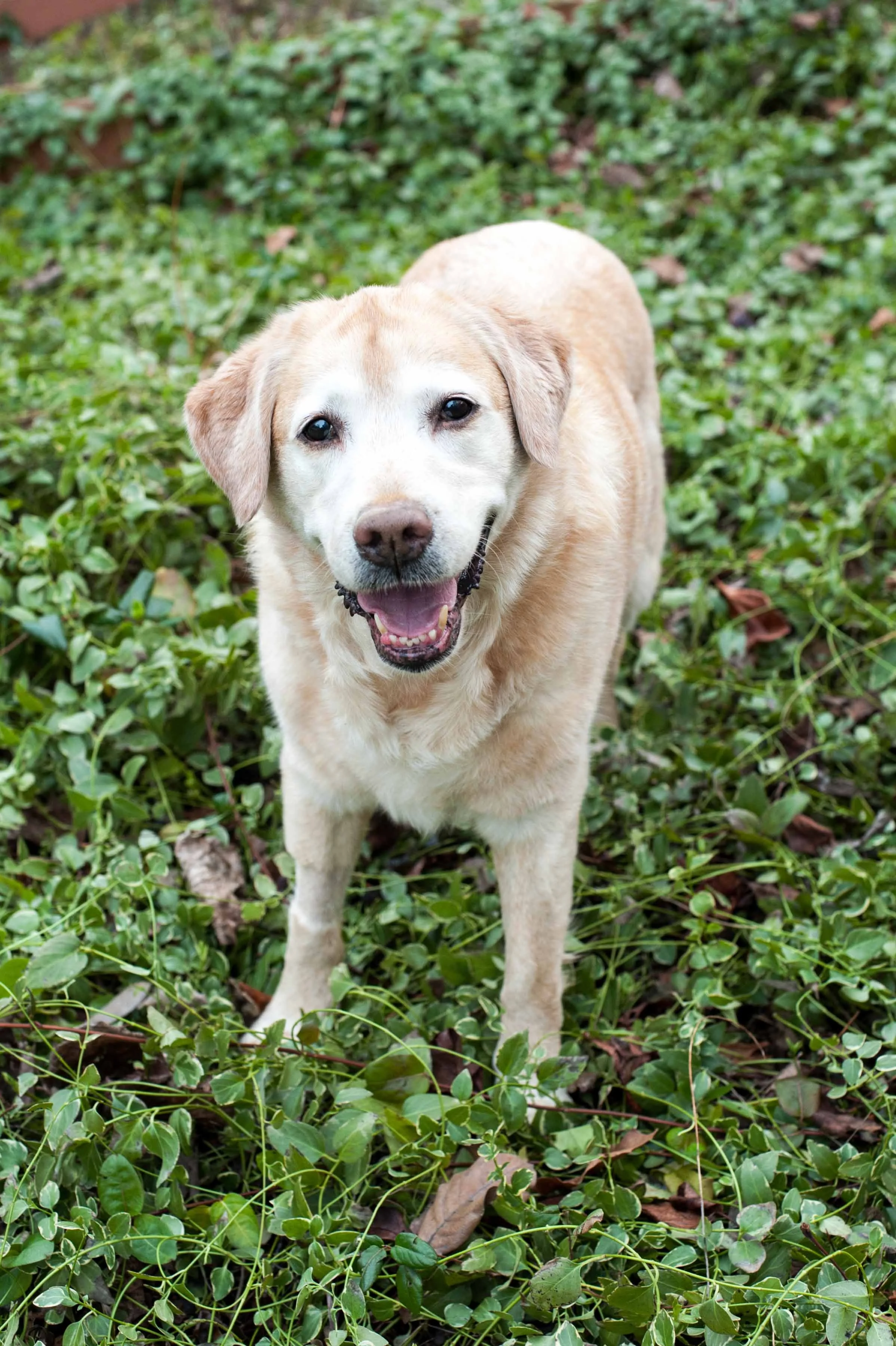NEUROLOGICAL DISEASES IN PETS:
Cognitive Dysfunction Syndrome
As our pets age they can experience changes in their cognitive function just like humans.
Canine Cognitive Dysfunction (CCD) and Feline Cognitive Dysfunction (FCD) are neurodegenerative conditions that can affect memory, learning, awareness, and behavior. Understanding these conditions can help pet owners provide the best possible care for their senior companions.
Symptoms of Cognitive Dysfunction in Pets
Cognitive dysfunction in dogs and cats is characterized by a progressive decline in cognitive abilities, often leading to behavioral changes. It's a complex condition that can be challenging to diagnose, as many of the symptoms can also be attributed to other medical issues.
The signs of cognitive dysfunction can vary but often include one or more of the following of the DISHA acronym:
Disorientation: Getting lost in familiar environments, staring blankly at walls, or having trouble navigating around furniture.
Interaction Changes: Reduced desire to play, greet family members, or seek attention. They might also become more irritable or fearful.
Sleep-Wake Cycle Disturbances: Sleeping more during the day and being restless or vocal at night.
House Soiling/Litter Box Issues: Having accidents inside the house despite being previously house-trained or using the litter box.
Activity Level Changes: Decreased interest in activities they once enjoyed, or increased aimless wandering.
It's important to note that these symptoms can also be signs of other underlying medical conditions, so a veterinary examination is crucial. A DISHA Assessment form can assist in the diagnosis of cognitive dysfunction in pets.
Diagnosing cognitive dysfunction involves a thorough veterinary examination to rule out other medical causes for the behavioral changes. Your veterinarian will likely ask about your pet's history, lifestyle, and the specific changes you've observed.
A DISHA Assessment form can assist in the diagnosis of cognitive dysfunction in pets.
Diagnosing Cognitive Dysfunction in Pets
Management and Support for Cognitive Dysfunction in Pets
While there is no cure for cognitive dysfunction, there are several strategies to help manage the condition and improve your pet's quality of life:
Veterinary Consultation: Early diagnosis is key. Consult your veterinarian as soon as you notice any changes in your pet's behavior.
Dietary Modifications: Your veterinarian may recommend special diets enriched with antioxidants, omega-3 fatty acids, and other nutrients that support brain health.
Environmental Enrichment: Keep your pet's environment stimulating with appropriate toys, puzzles, and regular, gentle exercise. These can help stimulate the brain and potentially delay cognitive decline.
Medications: In some cases, your veterinarian might prescribe medications to help manage symptoms and slow the progression of the disease. These can include
Selegiline (Anipryl): This FDA-approved medication increases dopamine levels, potentially improving cognitive function and behavior.
Anti-anxiety medications: Drugs like fluoxetine, gabapentin, or benzodiazepines can help manage anxiety associated with CCD.
Other Medications: Propentofylline may improve energy levels and concentration by increasing blood flow to the brain, according to maxxipaws.com.
Additional Therapies: Some veterinarians may suggest therapies like acupuncture or herbal therapies, but these have limited research on their effectiveness for CCD.
Routine and Predictability: Maintaining a consistent daily routine can help reduce anxiety and disorientation.
Patience and Understanding: Remember that these changes are due to a medical condition. Provide your pet with extra patience, comfort, and positive reinforcement.
Preventing Cognitive Decline in Your Pet
While not always preventable, a healthy lifestyle throughout your pet's life can contribute to better cognitive health in their senior years. This includes:
A balanced diet
Regular exercise
Mental stimulation
Routine veterinary check-ups
If you suspect your dog or cat may be experiencing cognitive dysfunction syndrome, please schedule an appointment with your primary veterinarian.
This information is for educational purposes only and should not be considered a substitute for professional veterinary advice.
If you suspect your dog or cat may be experiencing cognitive dysfunction syndrome, please schedule an appointment with your primary veterinarian.


